Immediate Availability - Open 7 days a week - day, evening and weekend appointments
Immediate Availability - Open 7 days a week - day, evening and weekend appointments
Child psychology focuses on how children think, feel, and behave. A child psychologist is trained to assess emotional, behavioural, and developmental concerns, offering therapeutic support tailored to your child’s specific needs.
At One Life, our youth counselling services aim to help children:
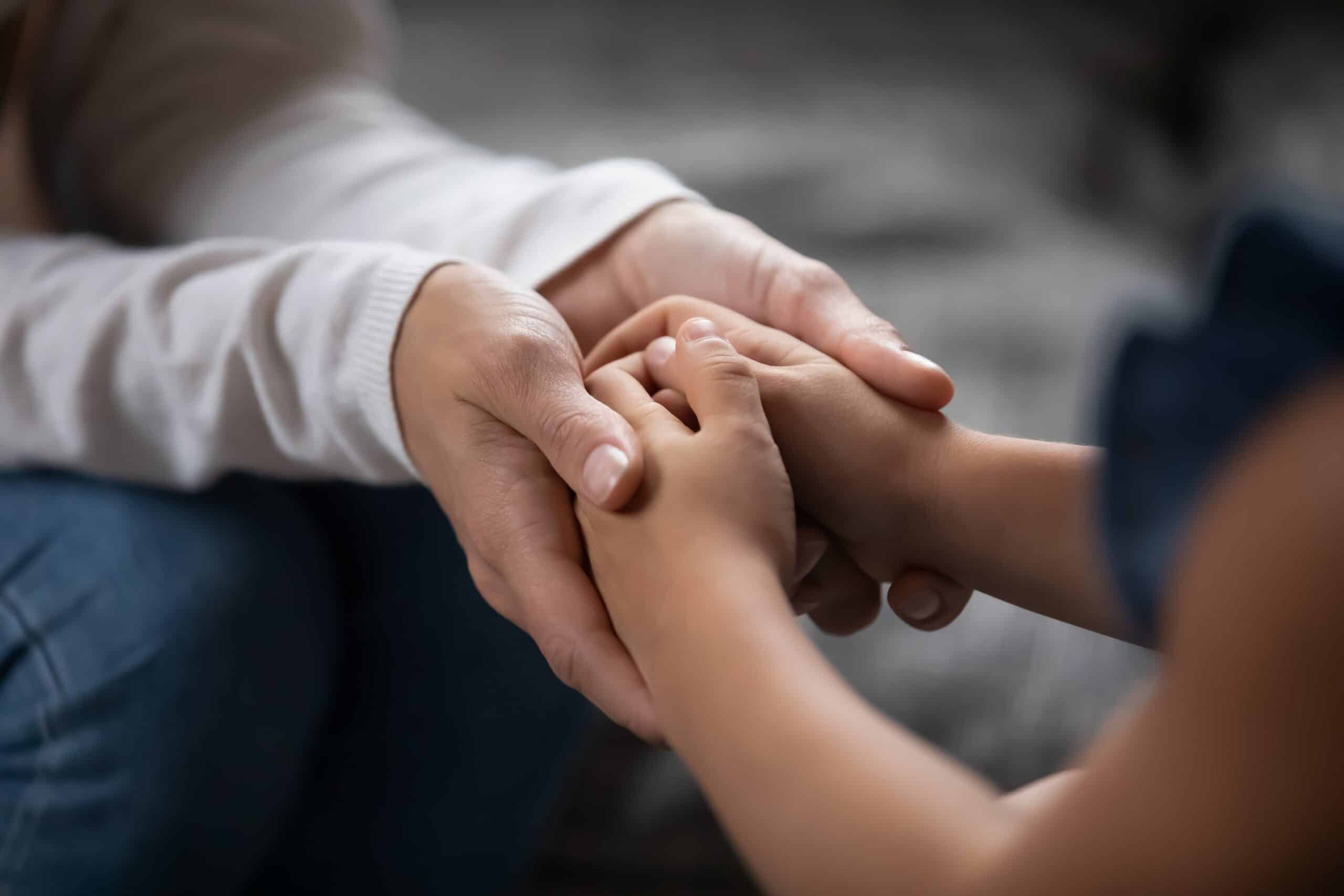

Therapy for children, just like therapy for adults, isn’t a one-size-fits-all experience. Depending on your child’s age, personality, and needs, a session might include play, drawing, storytelling, role-playing, games, or conversation. These activities aren’t “just for fun”—they’re intentional tools that help children express emotions, explore their inner world, and build problem-solving skills.
For older children and teens, sessions may feel more like coaching or mentoring, with more verbal processing, skill-building, and reflection. Our therapists might work with your child on managing anxiety, setting boundaries, navigating friendships, or identifying negative thought patterns.
No matter the approach, our space is designed to feel warm, inviting, and safe—never clinical or intimidating. The goal is to build a trusting relationship where your child feels empowered to be open and honest.
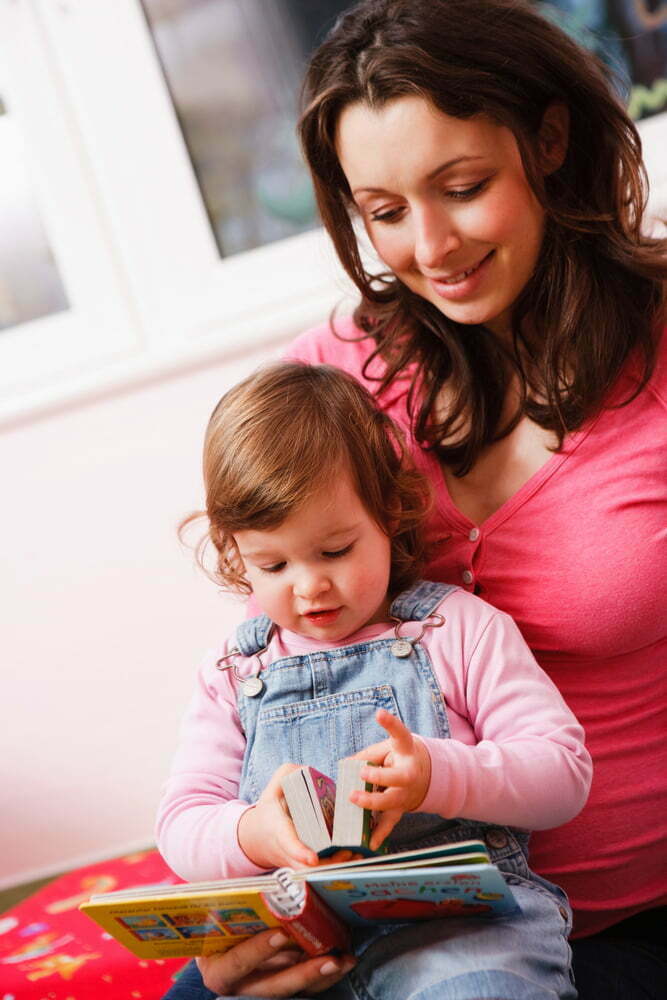

You’re not just a bystander but a key player in the therapy process. Depending on your child’s age and presenting concerns, we may invite you to:
We’ll always communicate clearly about your role and keep you informed about your child’s progress—while respecting their privacy and emotional safety. Therapy works best when children feel they have a space of their own, and when parents feel empowered to support growth outside the therapy room.
Parents seek psychological services for their children most often because something doesn't feel right, and they want to support their child, help them realize their potential, and become their best self. Seeking psychological support for your child is a sign of love, and at One Life, we witness first-hand the true power and impact of effective child psychology practices every single day. Sometimes when parents seek psychological services for a child, it's because the child is facing a challenging situation such as:
Even if your child hasn’t faced one of these situations, there may be some signs they could benefit from counselling. These include:
If your gut says something’s off, that’s reason enough to explore support.
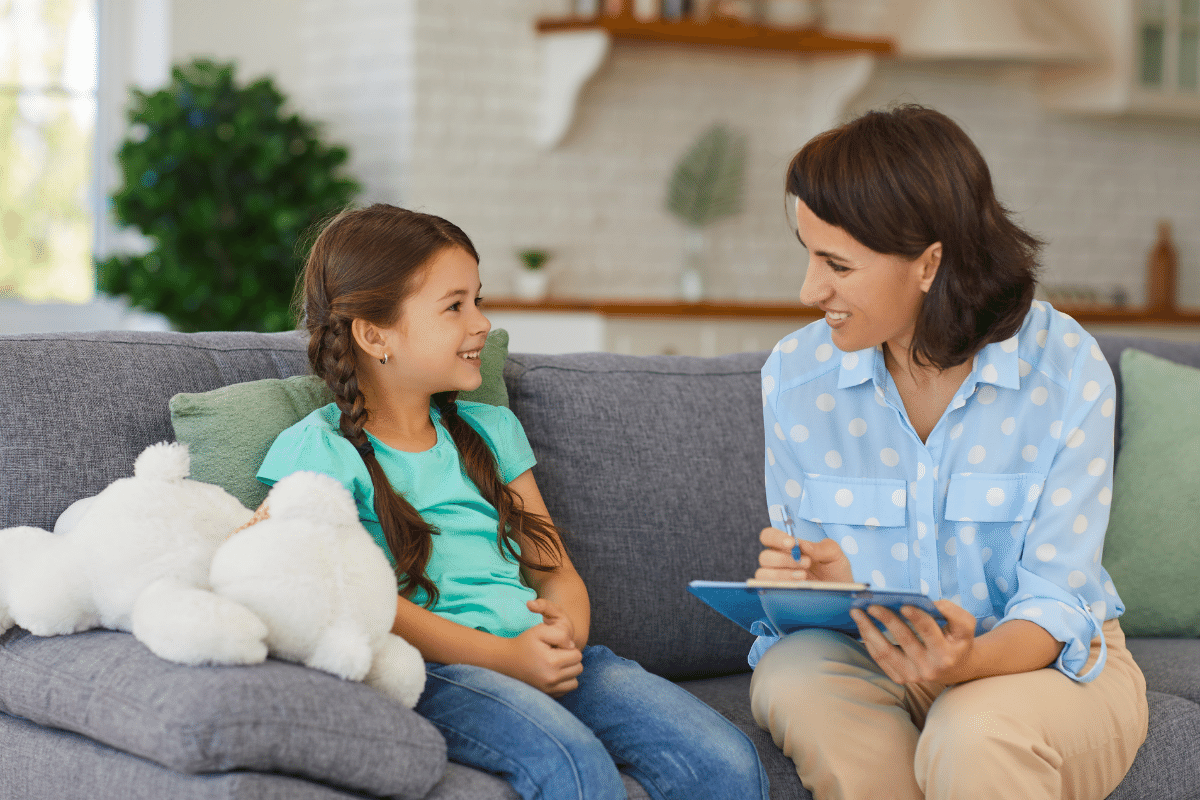
Neurodivergence

Learning disabilities
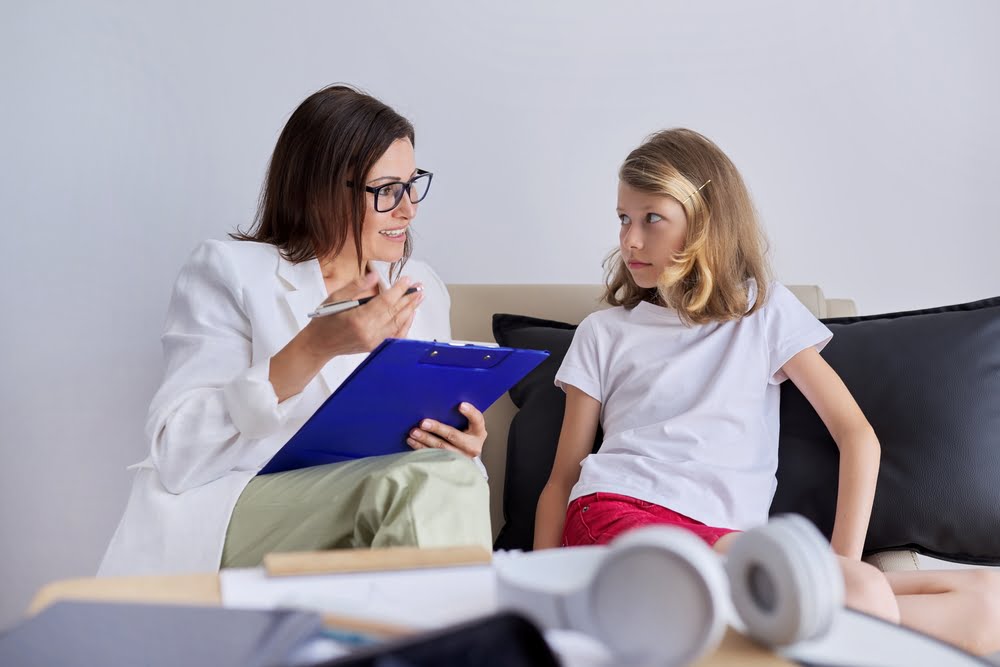
Psychological disorders

When children receive support early, they're more likely to grow into confident, resilient adults. Early counselling can ease symptoms, strengthen emotional skills, and set your child up for future success.
Studies show that early intervention leads to better mental health outcomes and improved academic and social skills. It’s a powerful, proactive way to care for your child.
Choosing the right psychologist for your child can feel overwhelming — but it doesn’t have to be. At One Life, we ensure you and your child feel comfortable and supported by your therapist before moving forward. To help us help you find the right fit, here are a few things to consider:
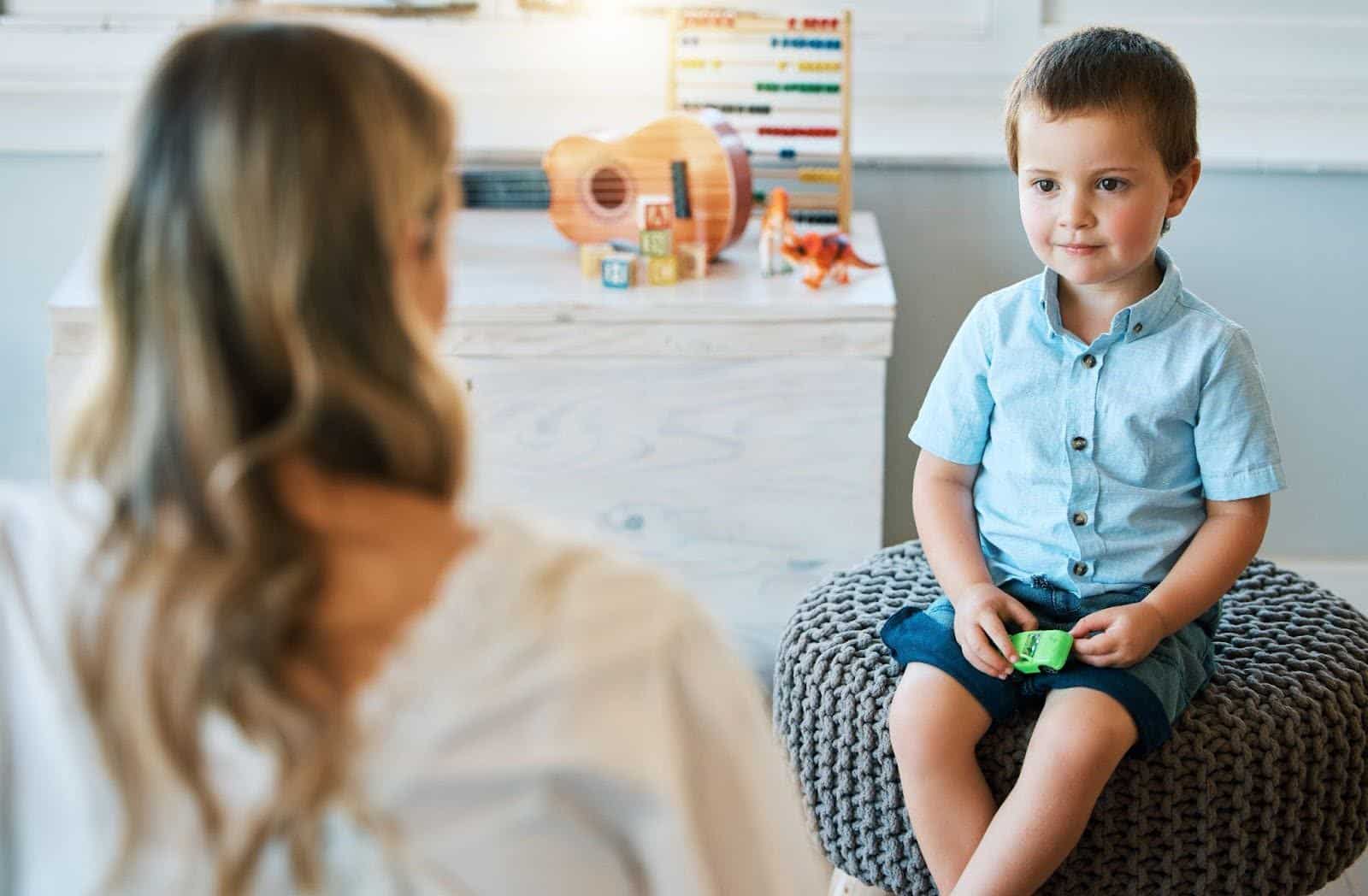

If being able to use your insurance benefits is an important factor in your selection, our team would be happy to recommend one of our therapists who's services are covered by most insurance plans. Please be sure to confirm in advance if insurance coverage is preferred.
Our standard fees are aligned with the recommended fee schedule from the Psychologists' Association of Alberta’s recommended schedule. However, we offer the added value of 60-minute sessions in contrast to the recommended 50-minute session for this fee.
"*" indicates required fields